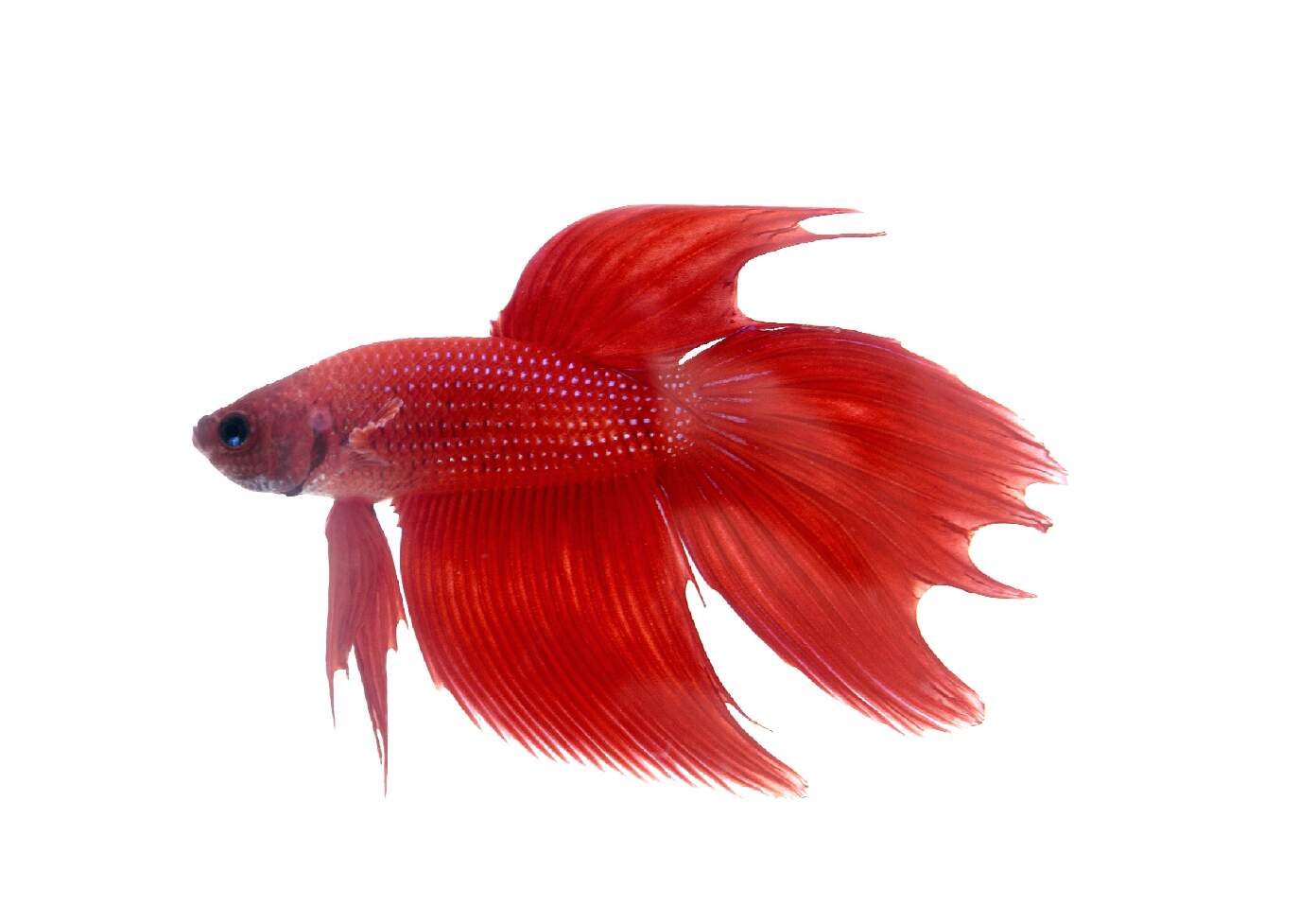Common Betta Fish Illness and How to avoid Them
Wiki Article
All Regarding Betta Fish: Understanding Their Special Needs, Behavior, and the very best Practices for Ideal Care
Recognizing the one-of-a-kind needs and behaviors of Betta fish is essential for any aquarist aiming to offer optimal treatment. These exciting animals, indigenous to the warm waters of Southeast Asia, show unique territorial propensities and call for certain ecological problems to thrive. From selecting the right storage tank size to acknowledging possible health problems, numerous elements considerably influence their health. As we check out these aspects better, the effects for both newbie and knowledgeable fish keepers end up being significantly noticeable, increasing questions concerning how ideal to suit these amazing fish in our homes.Betta Fish Introduction
Although typically appreciated for their vibrant colors and moving fins, Betta fish, medically called Betta splendens, are intricate creatures that require certain like thrive. Stemming from Southeast Asia, these freshwater fish are known for their territorial nature and one-of-a-kind behaviors. Betta fish show sex-related dimorphism, with males showing much more vibrant shades and longer fins than women.Their aggressive tendencies, especially among men, necessitate mindful consideration when housing them. Bettas are frequently maintained in single-specimen containers to stop territorial disputes. However, they can coexist peacefully with certain suitable species in larger area containers, offered the setting fulfills their requirements.

To guarantee optimal care, aquarists need to recognize their distinct behavior qualities, dietary needs, and habitat demands. betta fish. With appropriate interest, Betta fish can exhibit their vivid individualities and flourish in a well-maintained fish tank setting
Natural Habitat and Setting
Betta fish thrive in a diverse variety of all-natural environments, primarily located in the shallow waters of Southeast Asia, consisting of rice paddies, swamps, and slow-moving streams. These settings are defined by warm temperatures, commonly in between 75 ° F and 82 ° F(24 ° C and 28 ° C ), and a pH level varying from 6.5 to 7.5, which is optimal for their health and wellness and wellness.
In their natural surroundings, Betta fish are accustomed to thick plant life, offering both sanctuary and breeding premises. The existence of plants such as floating water lilies and thick turfs not only uses protection from killers but likewise adds to the oxygenation of the water, which is important for their breathing demands. In addition, these environments often have areas of still water, enabling Betta fish to display their natural habits such as bubble nesting.
Recognizing the all-natural habitat of Betta fish is vital for fish tank enthusiasts. Duplicating these problems-- through water temperature, pH balance, and the incorporation of online plants-- can substantially boost the overall health and wellness and durability of these exciting fish, guaranteeing they thrive in a home aquarium setting.
Social Behavior and Communications
Recognizing the social actions and communications of Betta fish is crucial for successful aquarium monitoring. Betta fish, or Siamese fighting fish, are known for their special behavior qualities, defined mostly by territoriality and aggressiveness.Conversely, look at here now female Bettas exhibit much less aggressive actions and can exist together in groups, referred to as sororities, if presented properly. It is vital to check their interactions carefully, as power structure and prominence can lead to conflicts. Understanding the characteristics within a Betta area is crucial; developing hiding places and ensuring adequate area can reduce aggression.
In enhancement, Betta fish may likewise show interest and social actions towards other species. While they can coexist with particular non-aggressive container friends, it is important to choose suitable species to avoid tension and aggressiveness. Generally, acknowledging these social communications is key to cultivating a harmonious aquarium atmosphere for Betta fish.
Crucial Care Standards
Giving proper treatment for Betta fish is critical to their health and wellness and wellness. Normal water changes-- around 25% weekly-- aid preserve water top quality.Betta fish call for a suitable tank size; a minimum of 5 gallons is advised to offer ample room for swimming and hiding. Consist of decors and plants to develop a revitalizing atmosphere, but avoid sharp objects that might harm their delicate fins.

Lastly, ensure the tank is outfitted with a filter to maintain the water clean, however make use of a gentle filter to avoid solid currents that can stress the fish. By complying with these important care guidelines, owners can advertise a healthy and vibrant Betta fish.
Common Health Issues and Solutions
In the care of Betta fish, understanding of typical wellness concerns site web is essential for keeping their health. One prevalent concern is fin rot, typically triggered by poor water quality or microbial infection. Symptoms include frayed or discolored fins. To deal with fin rot, improve water problems and take into consideration making use of a broad-spectrum antibiotic.One more common ailment is ich, a parasitic infection identified by white spots on the fish's body (betta fish). Treatment involves raising water temperature and including fish tank salt to the tank, as this can assist get rid of the bloodsucker
Swim bladder problem is also frequently observed, bring about buoyancy troubles. This condition might emerge from overfeeding or bowel irregularity. A fasting period of 24-48 hours, adhered to by a diet plan of blanched peas, can supply relief.
Finally, bettas might deal with velour disease, shown by a gold dust-like look on their skin. Treatment typically requires drug particularly made for outside bloodsuckers, together with improved container hygiene.
Normal monitoring of water specifications, keeping a clean atmosphere, and supplying a well balanced diet are crucial precautionary measures. By resolving these wellness problems immediately, Betta fish can lead much healthier, a lot more vibrant lives.
Conclusion
In recap, effective betta fish treatment requires an understanding of their one-of-a-kind requirements and habits. Normal get redirected here surveillance of health and wellness and water top quality, along with a balanced diet regimen, adds to the longevity and vibrancy of betta fish.Report this wiki page